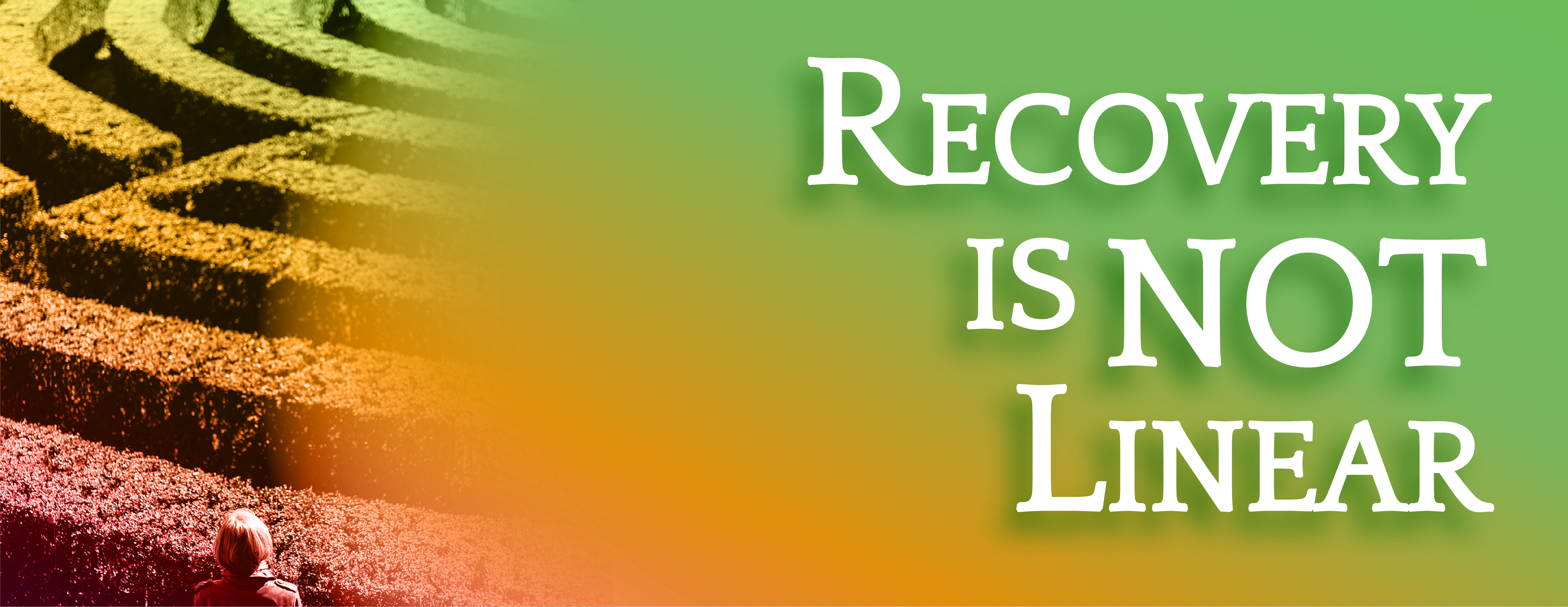
Recovery is a journey, not a destination.

You will not decide to get clean and suddenly arrive at the sober living destination. It is a lifelong process – though it isn’t as daunting as it may sound. The most important part of the process is learning how to manage your new lifestyle. Most of us have found that the process has required us to choose recovery, repeatedly. It has not been an easy choice every time. We will be confronted with that choice many times throughout the process. When ambivalence creeps back in (and it will), and we question whether it is worth it, but only we can make the decision to continue to press forward. I can tell you that it is worth it.
It is important to note that while there are similar themes among addicts regarding necessary behavior and social modifications, each person’s recovery is a very individualized process.
1. Treatment is valuable.
No matter how long you attend, treatment is a valuable tool. Do you have to attend treatment in order to recover? No, but if you have the opportunity, treatment can give you support, tools, medications, and therapies that may jump-start your sobriety. Treatment does not end when you leave. It will take the rest of your life to learn all you need to know about self-love, growth, and recovery. It’s important to remember that recovery goes through phases, and you may need different support or tools as you walk your road to sobriety. Be open to accepting the help offered and you may be surprised by how far it can propel you along your path to sobriety.
2. Recovery must come first.
Recovery is not something you achieve and never have to think about again. It is an ongoing process that changes over time. Recovery must be on the top of your to-do list every day. That means you need to schedule time out of your day to take care of yourself, whether it is going to meetings, following a program, reading recovery literature, meditation, prayer, or all those things. It is not something you can forget about or put on the back burner. Recovery can’t wait for “tomorrow” to deal with, you must invest the effort, time, and action towards your recovery each and every day.
3. Recovery is a choice.
Recovery is not a one-and-done choice you make once when you are in treatment. It is a continuous choice that you must make every day, even on the hard days when life is testing you. The disease of addiction can come back and haunt you at any time. It’s up to you to use your new coping skills and your recovery program to stay strong in your sobriety. Each day is a new day to choose recovery. Keep choosing recovery and the momentum will build. If relapse occurs, be kind to yourself, but double-down on the choice to recover every day following and soon that momentum and perseverance will lead you to a better version of yourself.
4. Life will test you.
Yes, life gets better when we get clean but hard things still happen. Loved ones will die, Tragedy will strike, and some days will be harder than others. Life is not always fair, and even when we are working on ourselves and doing the next right thing, we may still feel sad, mad, guilty, and hurt. You will have to overcome difficult circumstances and obstacles in sobriety. When drinking, and using is a coping mechanism you have used for years, those difficult situations can put your recovery at risk. That is why recovery is a process you must keep in check. When those hard moments arise, you can use your new coping mechanisms and life skills learned in recovery to help you through those tough times.
When a crisis strikes, we are here to talk you through it – call our Crisis Line at 256-888-1234 any time of day or night.
5. Other behavioral patterns will need to be addressed.
This may be surprising to some, but sobriety isn’t just about quitting drugs and alcohol. That is only the first and most important piece of the puzzle. After you learn how to live without those harmful substances, you’ll have to look at and acknowledge old behavioral patterns that no longer serve you in recovery. You’ll have to work through toxic friendships, understand your romantic relationship patterns, and work on other emotional sobriety areas like gossiping, honesty, and healthy ways to express yourself. This type of work can seem daunting and may take years to address. Recovery can be the basis for these changes because it’s all about finding yourself, learning a new way of life, and being the best version of yourself you can be.
Recovery is not a linear process. When we find ourselves struggling it is easy to become disheartened and discouraged. Recovery requires patience, diligence, hard work, and humility. Don’t be hard on yourself if recovery doesn’t look like constant growth. Be kind to yourself, accept and learn and grow from your mistakes or lapses, and keep working toward being the healthiest and safest version of yourself you can be, even if that version isn’t perfect. No matter what your journey looks like, be proud of the progress you’ve made so far. Forgive yourself when you don’t actively feel like you’re making progress, and celebrate the growth you HAVE seen, both in yourself and in others.
If you or someone you know is struggling, reach out. You are never alone.
Our Crisis Line is available 24/7 at 256-888-1234 or you can complete our online contact form.

